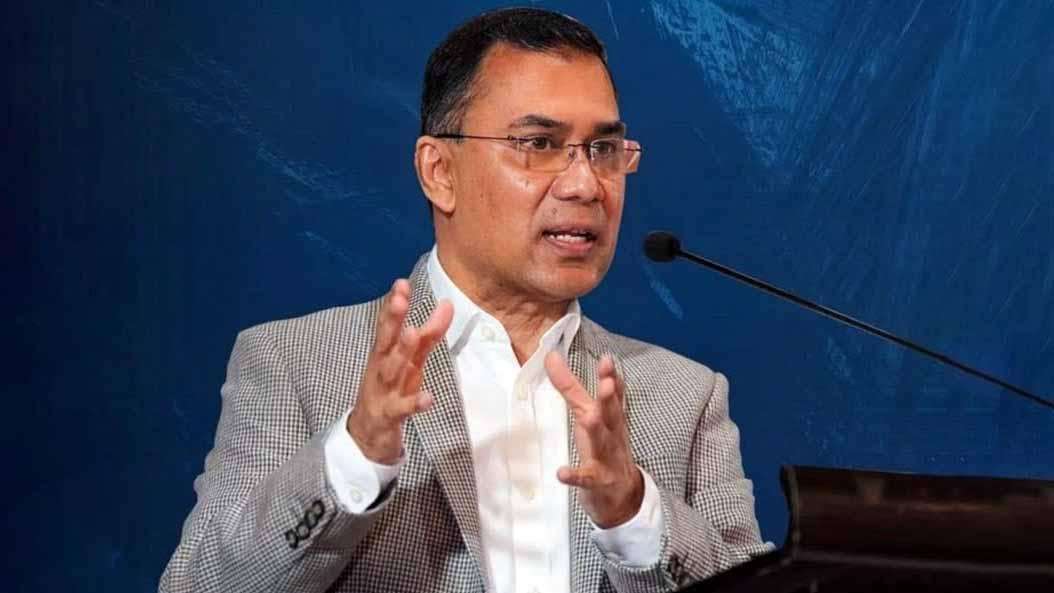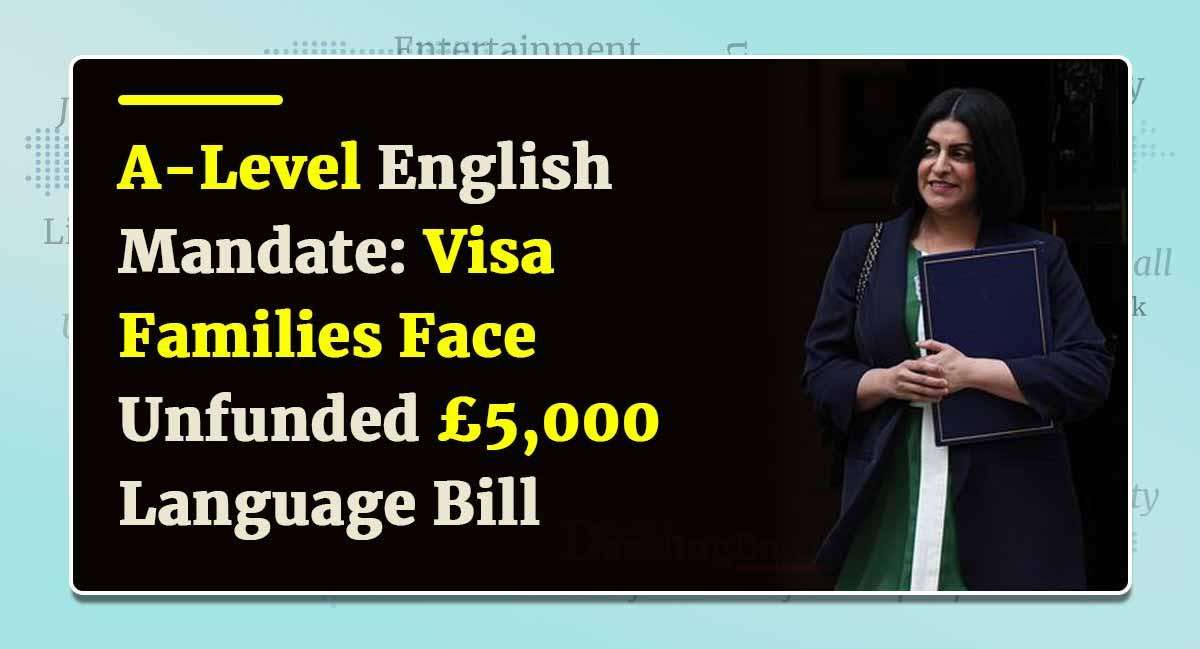Home Secretary Shabana Mahmood has announced sweeping changes to UK visa rules, significantly raising the required standard of English proficiency for new migrants and their dependents. While the new measures are framed as a crackdown on net migration and a push for better integration, a critical question remains unanswered for those affected: who will pay for the necessary A-level equivalent language courses?
The new requirement, effective from January, raises the English language standard for skilled workers seeking a visa from the current GCSE-equivalent (B1) to the A-level equivalent (B2). This B2 standard demands that migrants can express themselves "fluently and spontaneously without much obvious searching for expressions" and use English "flexibly and effectively for social, academic and professional purposes." This is a stark jump from the B1 level, which merely required understanding main issues and dealing with routine travel situations.
The Financial Burden on Dependents
Of particular concern is the immediate financial impact on the spouses and adult dependents of workers and students. For the first time, all adult dependents will be required to have at least a basic English user (A1) level grasp of the language upon application, with a further expectation of B2 level for settlement in the UK.
While the Skilled Worker applicants for many routes and those on student visas must currently pay for their Secure English Language Tests (SELTs)—costs that can run into hundreds of pounds—the B2 standard translates to significantly longer, more expensive courses for those starting at a lower level. Crucially, as they are not deemed "economically active" in the same way as some residents or refugees, there appears to be no specific government funding available for those on spouse, dependent, or other non-work/non-settlement visa routes to access these A-level standard courses for free.
For a spouse, for example, who currently meets the minimal A1 requirement but would need B2 for future settlement, the cost of courses to bridge that gap could easily run into thousands of pounds, all of which will be a private expense. The government has not outlined any specific, accessible funding mechanisms or grants for this cohort, forcing families to shoulder the full burden of tuition and testing fees.
Home Secretary’s Rationale
Home Secretary Mahmood defended the new measures, stating, "It is unacceptable for migrants to come here without learning our language, unable to contribute to our national life. If you come to this country, you must learn our language and play your part." The move, which also includes increasing the Immigration Skills Charge for employers by 32 per cent and making 180 occupations ineligible for skilled work visas to curb low-paid migration, is part of a broader push to reduce net migration, which currently stands at 431,000.
The new rules, which also include a reduction in the post-study graduate visa period from two years to 18 months from January 2027, and increased maintenance funds for foreign students, signal a decisive shift towards a more restrictive, high-skill immigration system.
Barrister Md. Iqbal Hossain, head of Chancery Solicitors in London, commented to the Daily Dazzling Dawn on Tuesday, saying: "The immigrant community is being trapped by one new visa condition after another. Imposing a mandatory language training requirement without government support is a huge, unplanned financial burden on migrant families. If this is implemented, it will be inhumane."
Critics argue that without state support for mandatory language training, the new A-level requirement effectively acts as a significant, unfunded barrier to integration and a hidden tax on migrant families. They warn it may deter skilled workers from bringing their families, as the new financial and language hurdles become prohibitive.








.svg)
